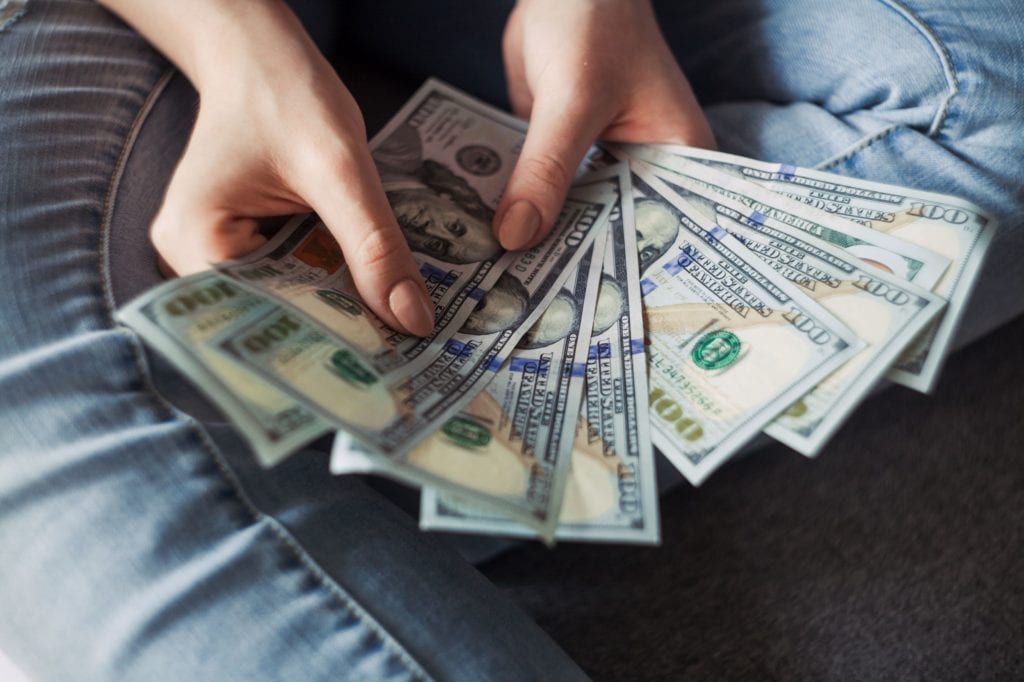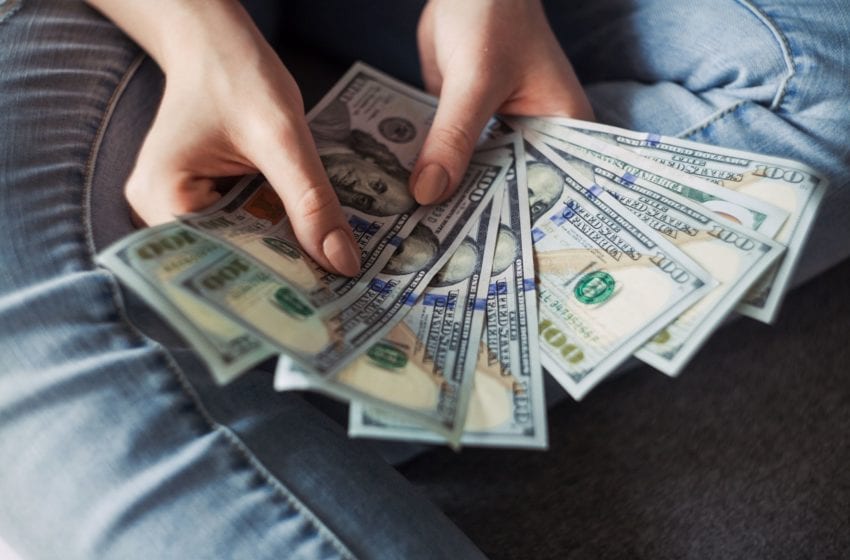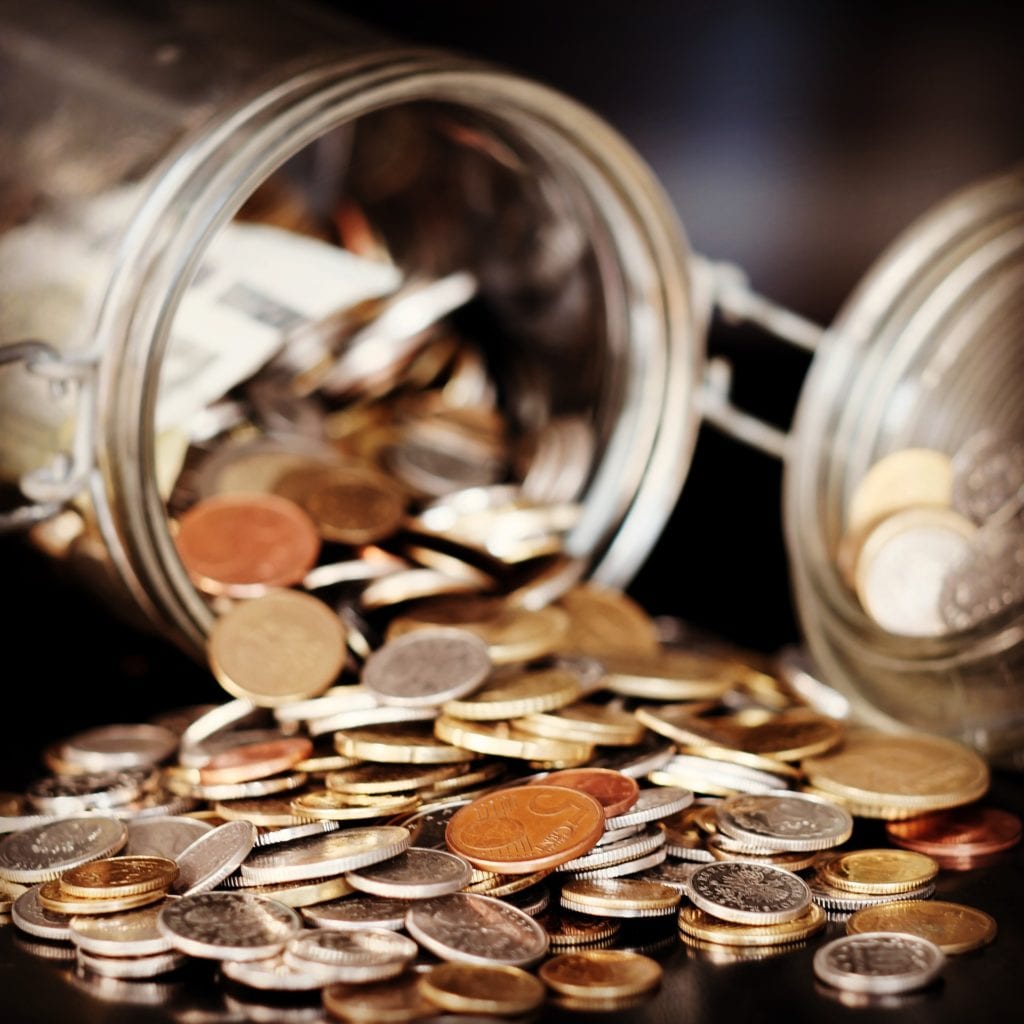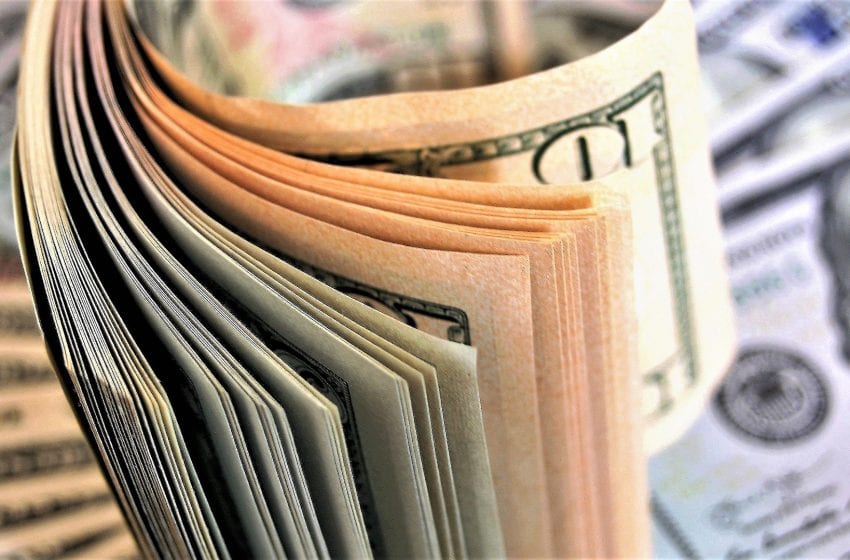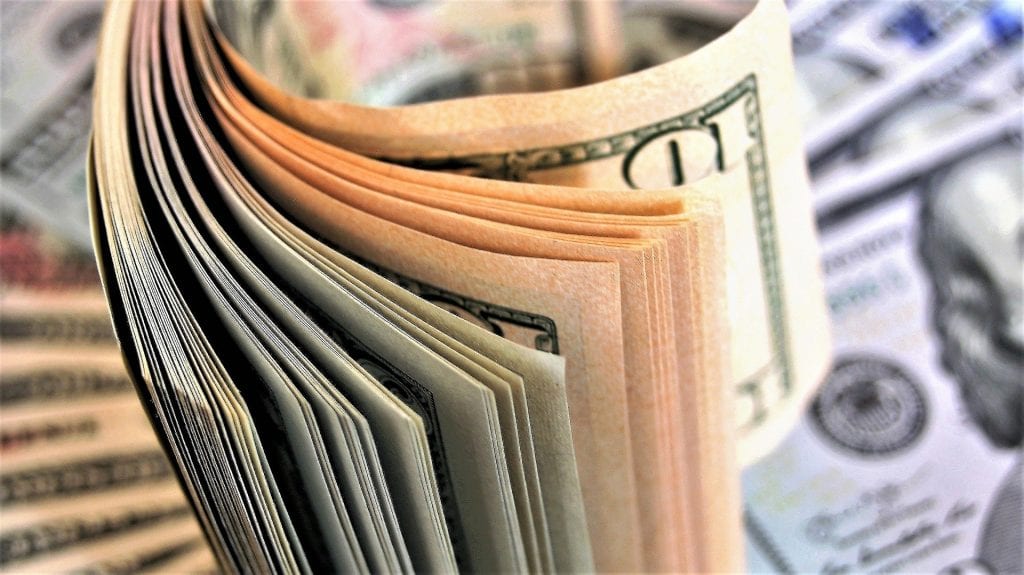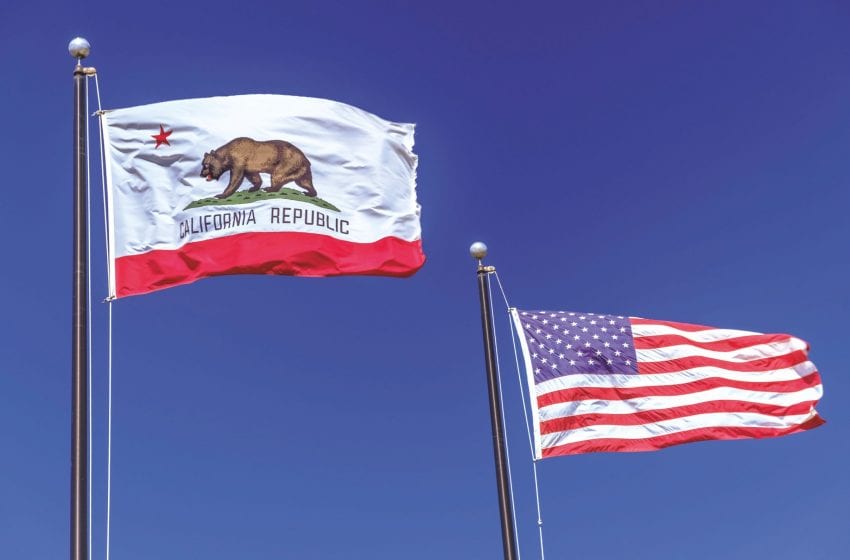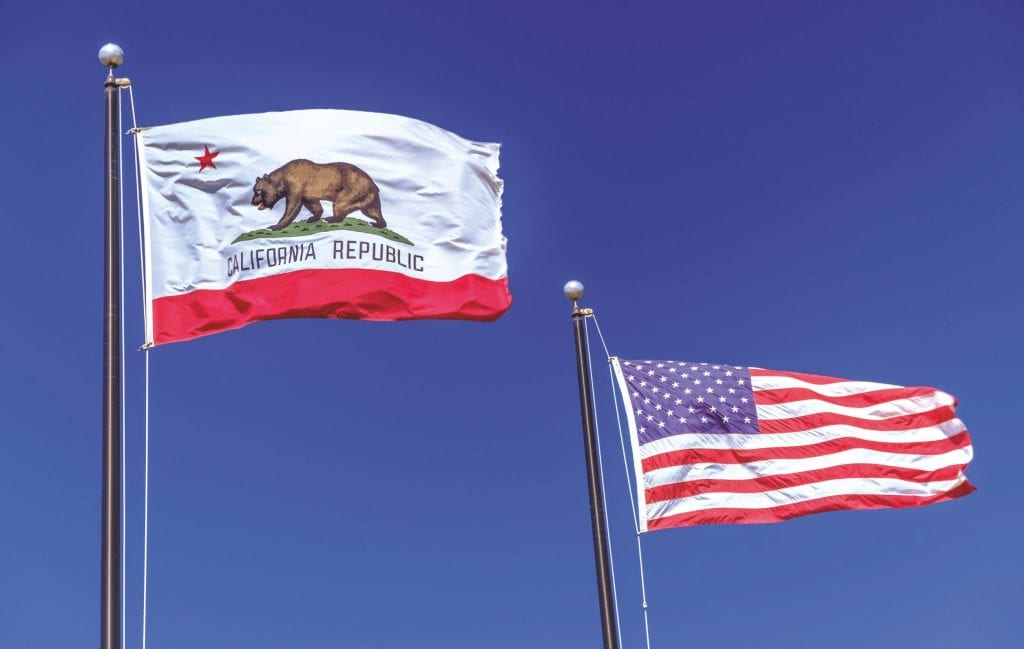A vapor tax increase will be included in the revised budget Gov. Gavin Newsom plans to submit Thursday. The tax would take effect January 1, 2021, and is projected to raise $32 million in revenue for fiscal 2021.
The new money would go toward administration, enforcement, youth prevention, and health care workforce programs, according to an article on thecentersquare.com.
The current tax on vapor products is 59.27 percent of the wholesale value. The new tax increases the rate to $2 for each 40 milligrams of nicotine per product. The governor’s budget summary also supports a statewide ban on all flavored nicotine products, including menthol cigarettes, which the Tax Foundation says would create unintended consequences.
Lung injury hospitalization cases linked to vaping in California totaled 199 as of Feb. 25, 2020, according to the Centers for Disease Control and Prevention. Among the 150 to 199 cases reported in California, four deaths were reported, according to the CDC.
According to a 2019 survey of high school students nationwide, 27.5 percent of students said they had vaped at least once 30 days prior to taking the survey; 10 percent said they considered themselves regular vapers.
A new analysis by Tax Foundation economist Ulrik Boesen points to unintended consequence if Newsom’s proposal is enacted. The price of the most popular vapor product, a JUUL 4-pack, would go up to $8.25, excluding the existing wholesale tax, more than quadruple the tax of $2.87 on a pack of cigarettes.
The tax increase could prompt users to switch from vaping to smoking, Boesen argues. The American Cancer Society Cancer Action Network Inc. is urging state legislators nationwide to increase tobacco taxes. Even if California did increase cigarette taxes, the hike would be less than that imposed on e-cigarettes.
“This inconsistency goes against the concept of harm reduction, which is the approach that it is more practical to reduce harm associated with use of certain goods than avoiding it completely through bans or punitive level taxation,” Boesen says. “In the context of vapor products and cigarettes, it is important because the risk profiles for the two products are wildly different. Public Health England, an agency of the English Ministry for Health, concludes that vapor products are 95 percent less harmful than cigarettes.”
